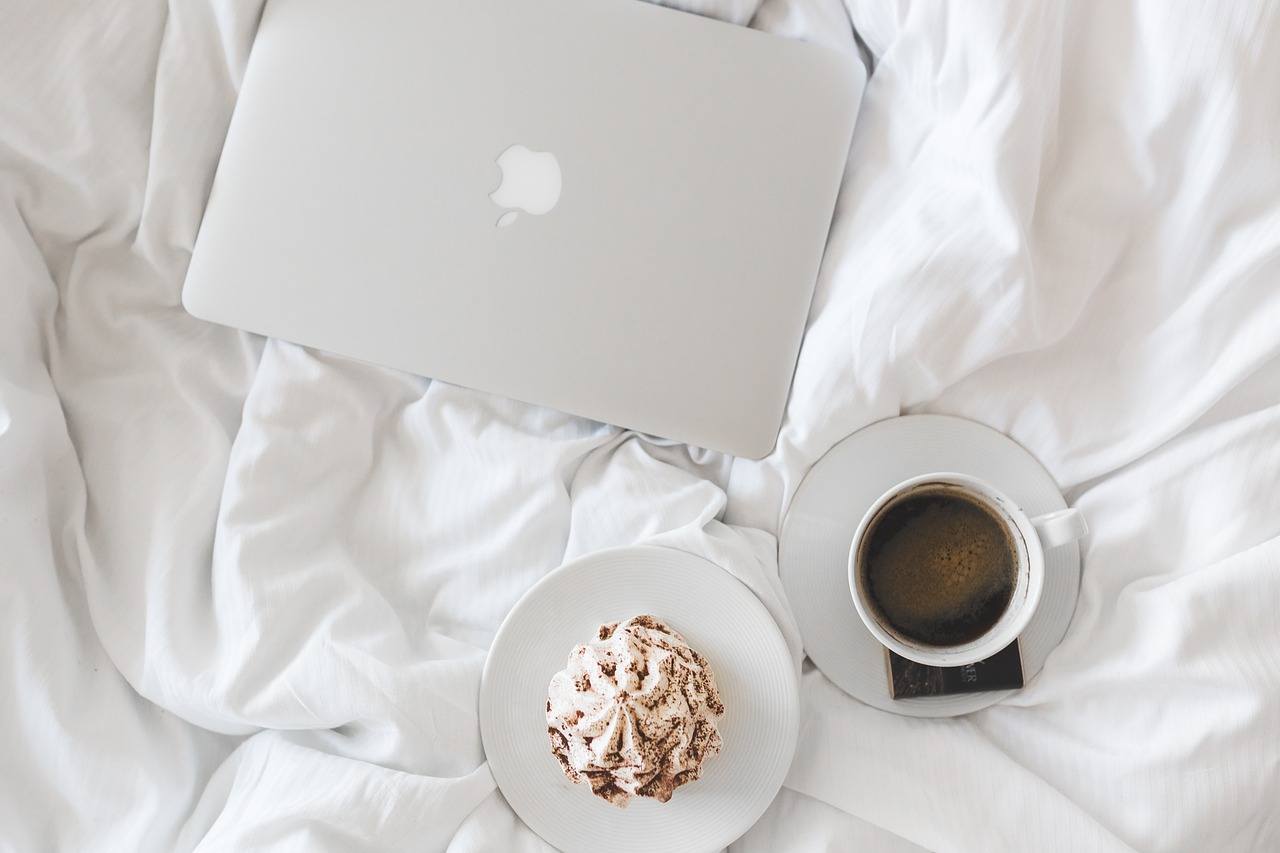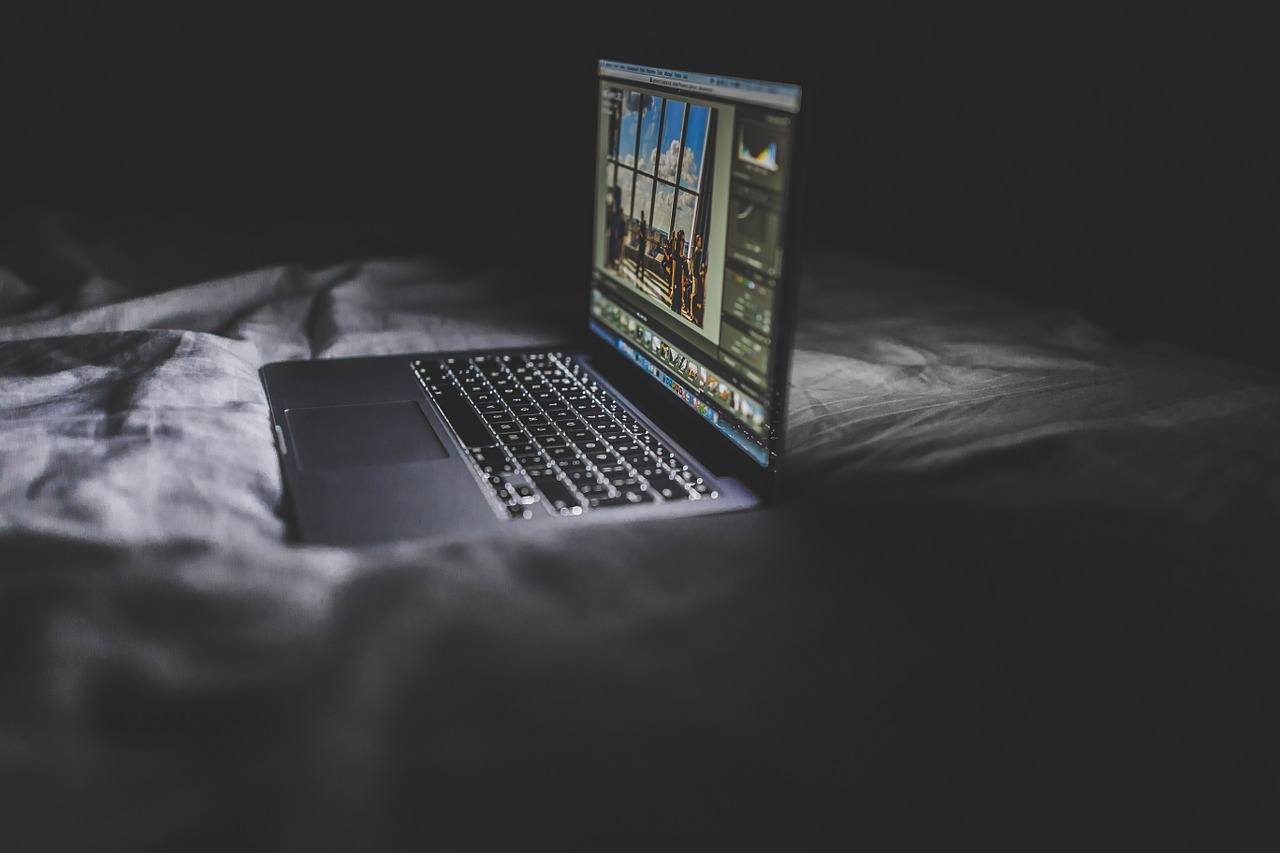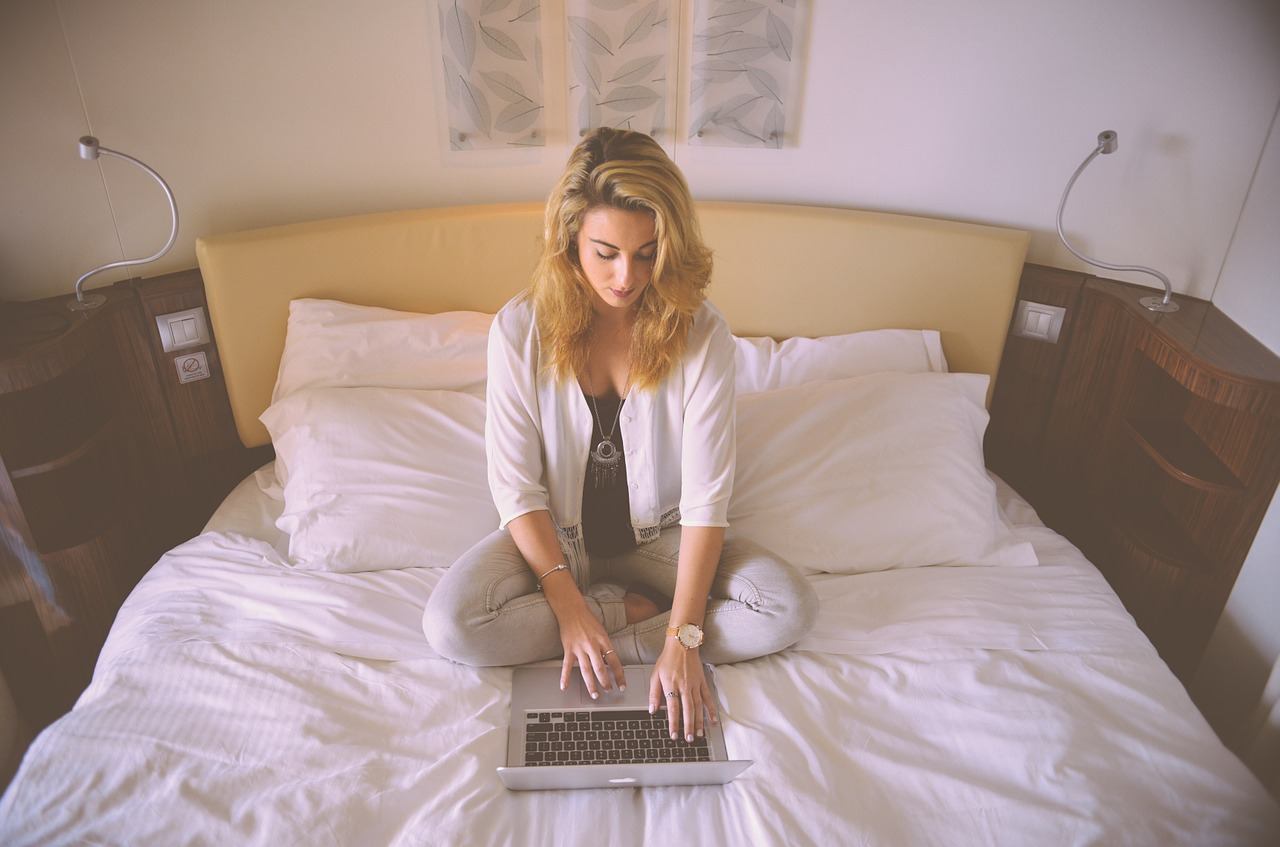When it comes to overall health and wellbeing, sleep is highly underrated. Those precious hours of relaxation allow our bodies to recuperate while triggering the release of body regulating hormones.
Depriving ourselves of sleep leaves us feeling both mentally and physically drained. Worse yet, poor sleeping habits have demonstrates some of the strongest links to obesity.
As sufferers of insomnia know all too well, it’s not simply a case of getting to bed earlier. Modern lifestyles can disturb our body’s clock and natural sleep cycles. Before we know it, we are totally out of whack and struggling to sleep at a reasonable time.
Fortunately, there’s a number of simple ways to help get rid of insomnia. Check out these 6 natural tricks, you’ll be enjoying a full night’s rest before you know it!
1. 4-7-8 Breathing Technique
When applied correctly, this trick will have you snoozing off in under one minute flat! Pioneered by Harvard-graduate Dr. Andrew Weil, this simple technique was actually derived from mediation.
This specific breathing pattern helps to calm the mind, relax the body and gradually fill your lungs with oxygen. It’s highly effective at reducing stress as a whole. By regulating your breathing, heart rate is reduced and smoothing chemicals are released in the brain.
It’s incredibly easy to do, perform as follows:
- Breathe in through your nose for four seconds
- Hold it for seven seconds
- Exhale through your mouth for eight seconds
- Repeat the pattern for as long as required
2. Creating a Sleeping Ritual
Rituals can have a profound effect on the subconscious mind, even triggering chemicals reactions in the body. Making a habit of performing a bedtime ritual helps to trigger the natural release of melatonin, naturally drifting you off to sleep.
Quick gimmicks aren’t going to cut it, you must perform this ritual for a period of time before sleeping. Ever wondered why so many people read books in bed? Well, as soon as they put the book down their body sends them off to the world of nod. Try it out ourself!
3. Be Mindful of What and When You Eat
What we eat, especially towards evening hours, can have a tremendous impact on sleep quality.
Coffee and other caffeine sources should be banished before mid afternoon. The same goes for chocolate and other sugar-laden snacks you shouldn’t be eating anyway! Otherwise, you’re going to struggle to relax and nod off at a reasonable time.
Also, make sure you’re not eating dinner too close to your bedtime. Making dinner a lighter meal could even do the trick for getting rid of insomnia. Avoid heavy meals and spicy dishes in the evening, otherwise, heartburn and indigestion will certainly keep you up.
4. Avoid Using Electronic Devices Before Bed
This is a tough one, but it’s entirely necessary. Using backlit electronic devices up to an hour before bed is going to play havoc with your natural sleeping patterns. The worst culprits include TV, laptops or computers and even mobile devices.
These unnatural emitters of high concentration light affect the body’s release of sleep-inducing melatonin. As a result, the body is fooled into believing that the day is still young!
Banish these devices from the bedroom and you’ll find it much easier to sleep!
5. Reserve Your Bedroom For Sleep
Cognitive-behavioural therapy can be used to help you fall asleep quicker and even improve sleep quality. This includes how you behave around your bedroom and bed.
If you want to get rid of insomnia, try to reserve the bedroom for sleeping only. No watching TV, eating and especially no working! Try to limit the amount of non-sleep time spent on the bed.
As your mind starts to associate the bedroom and bed with sleep alone, you’ll find it much easier to drift off.
6. Progressive Muscle Relaxation Techniques
If stress and tension are affecting your sleep, this relaxation technique could also help you get rid of insomnia.
Progressive muscle relaxation techniques were first developed over 100 years ago. It’s performed by tensing and relaxing muscles, working all the way around the body. Studies have shown them to be effective at easing us into quality sleep.
Try this technique for yourself by slowly tensing and releasing each muscle group in turn:
- Face
- Shoulders and arms
- Chest and abs
- Back
- Hips and buttocks
- Legs and feet















































